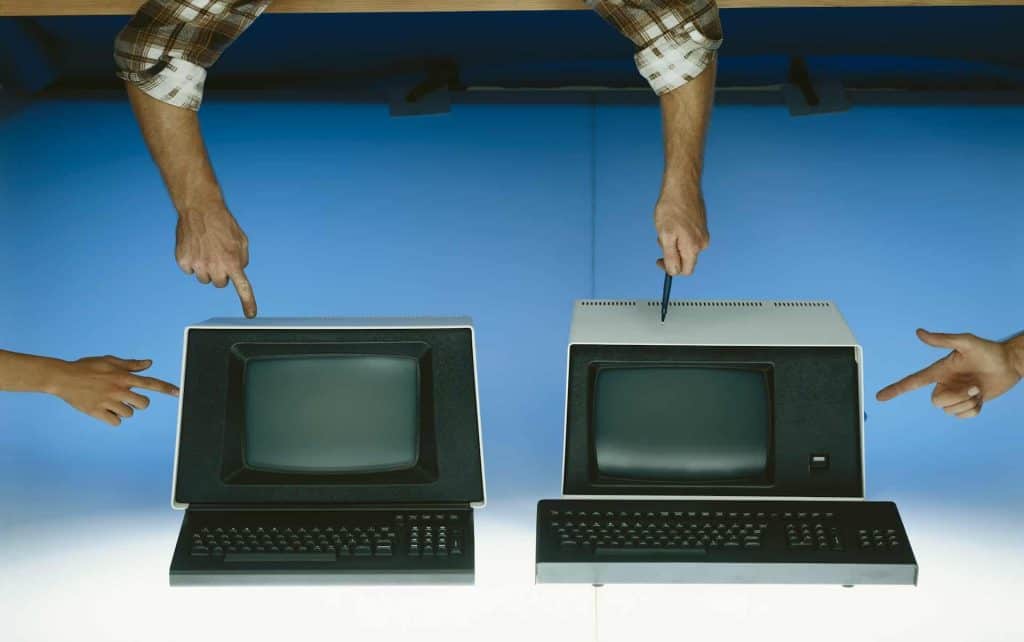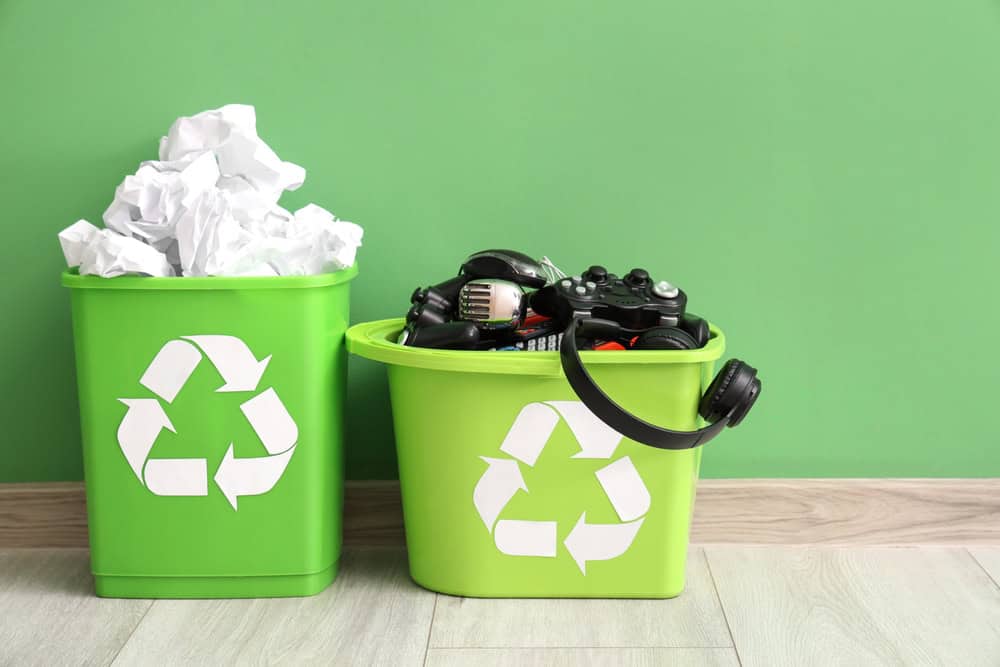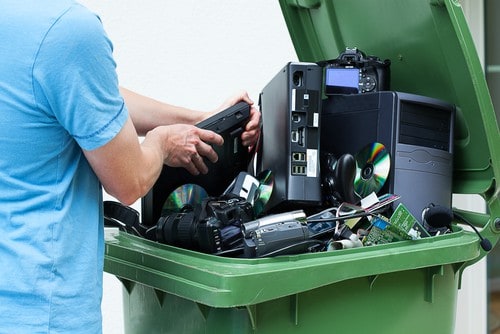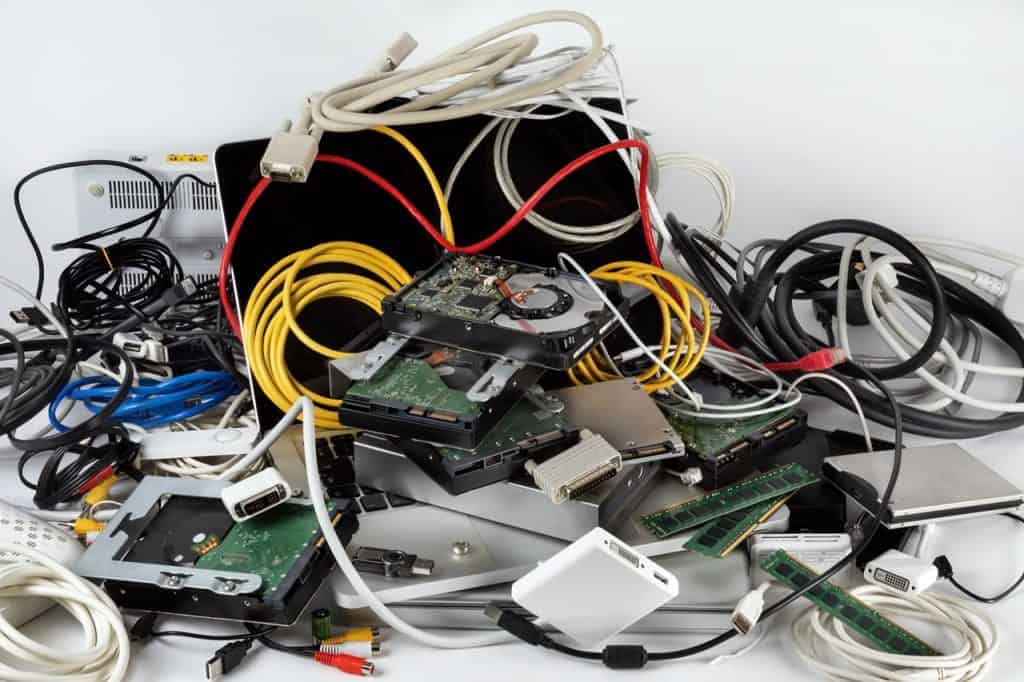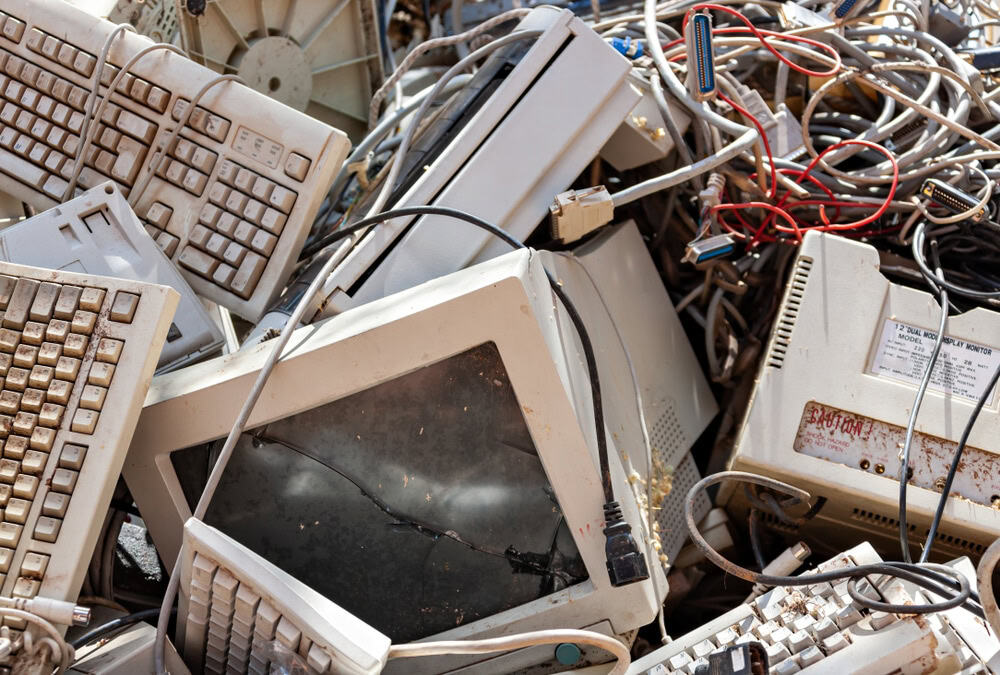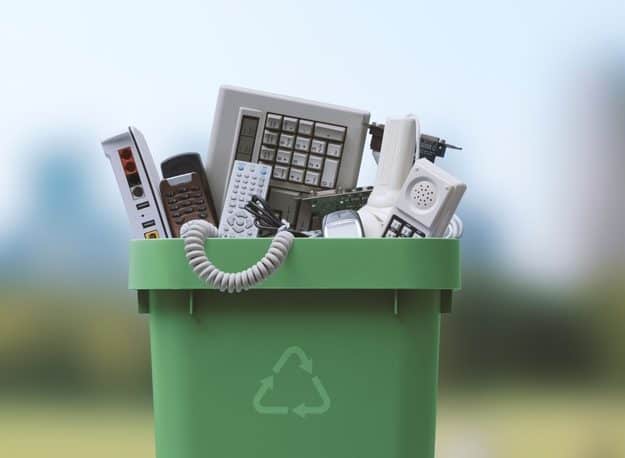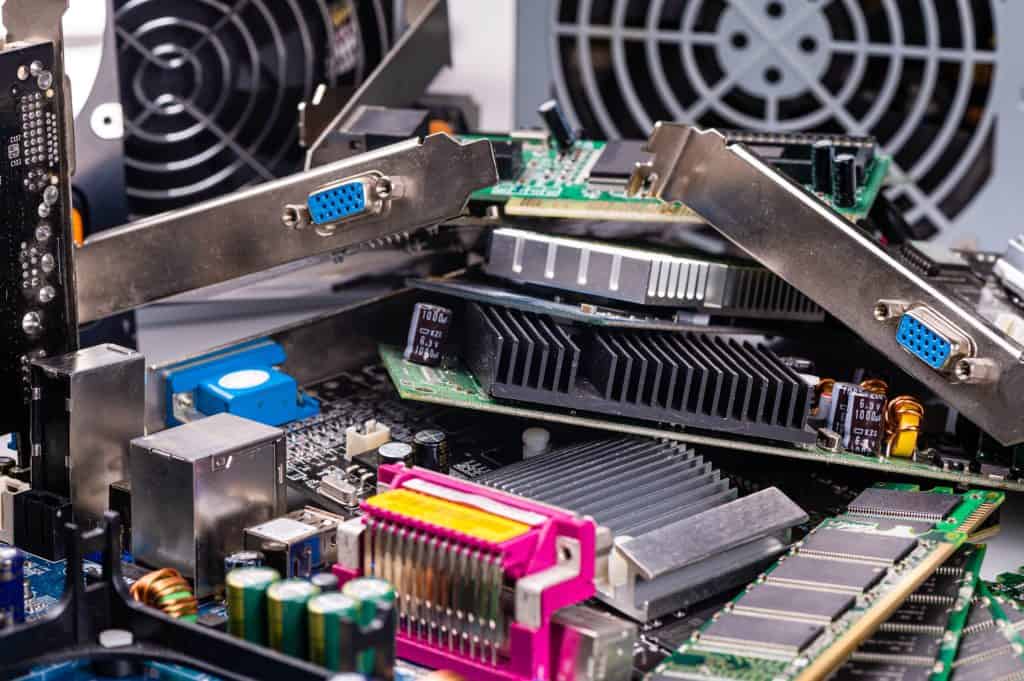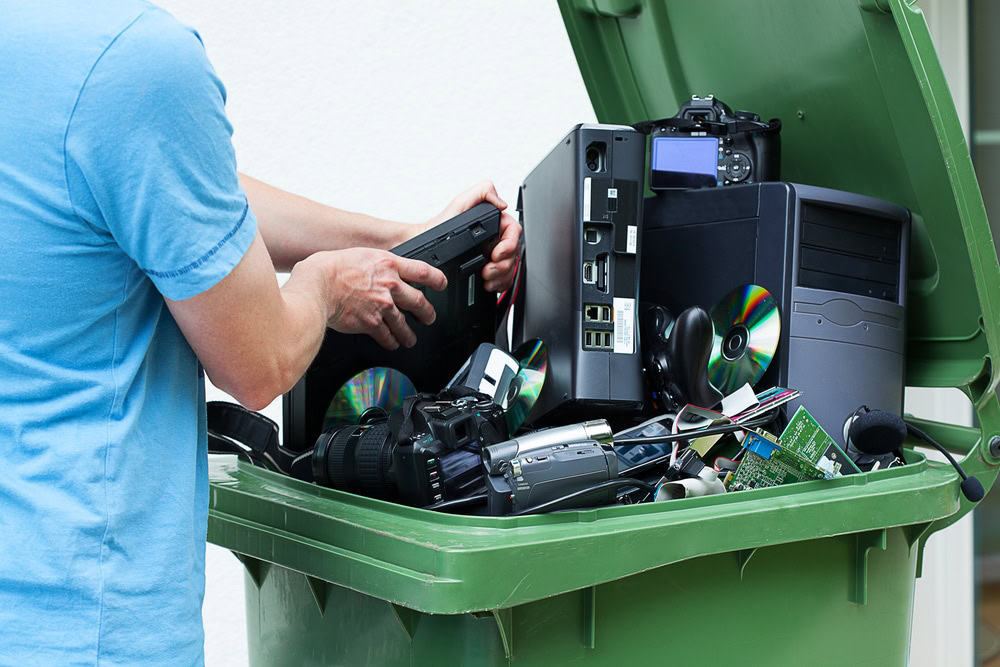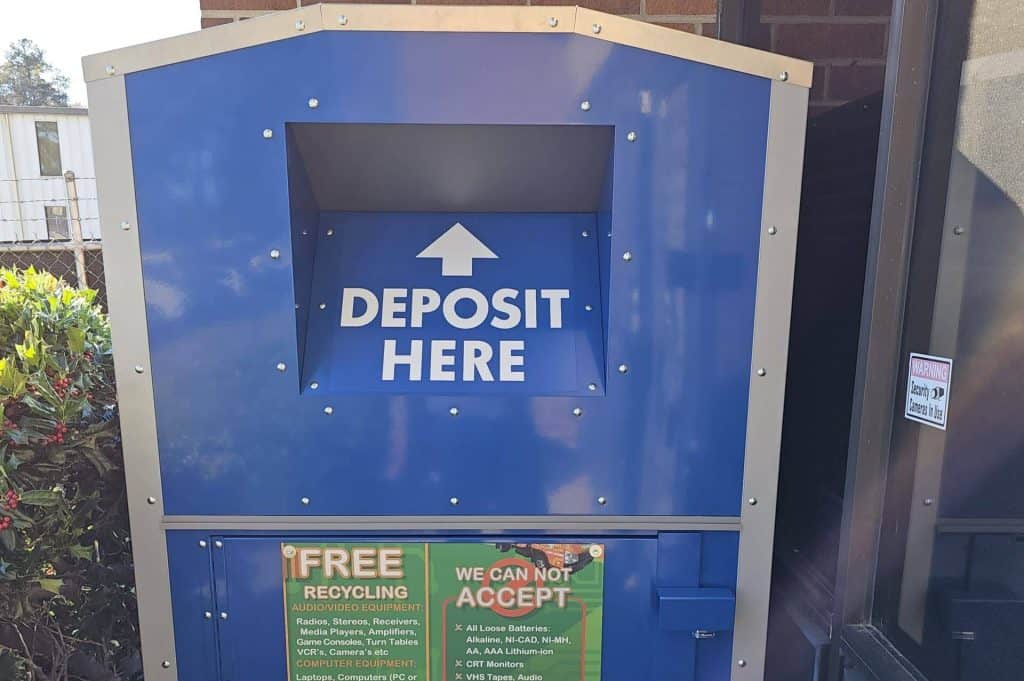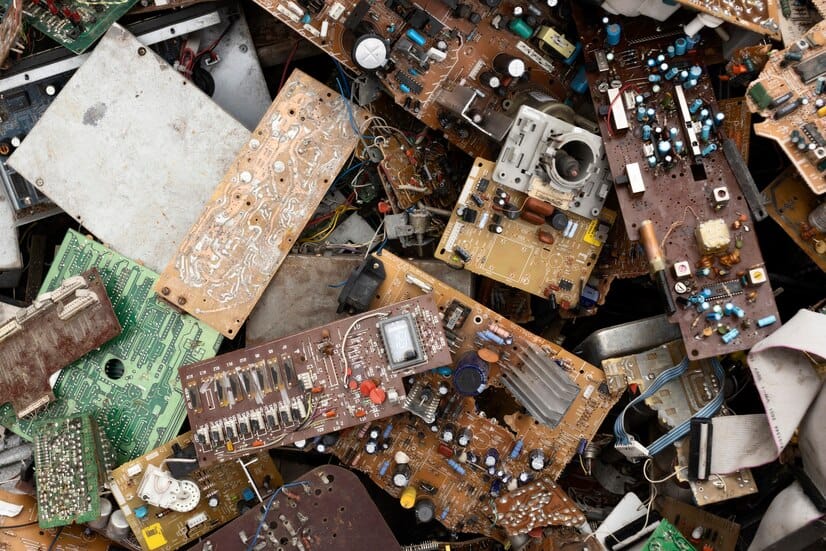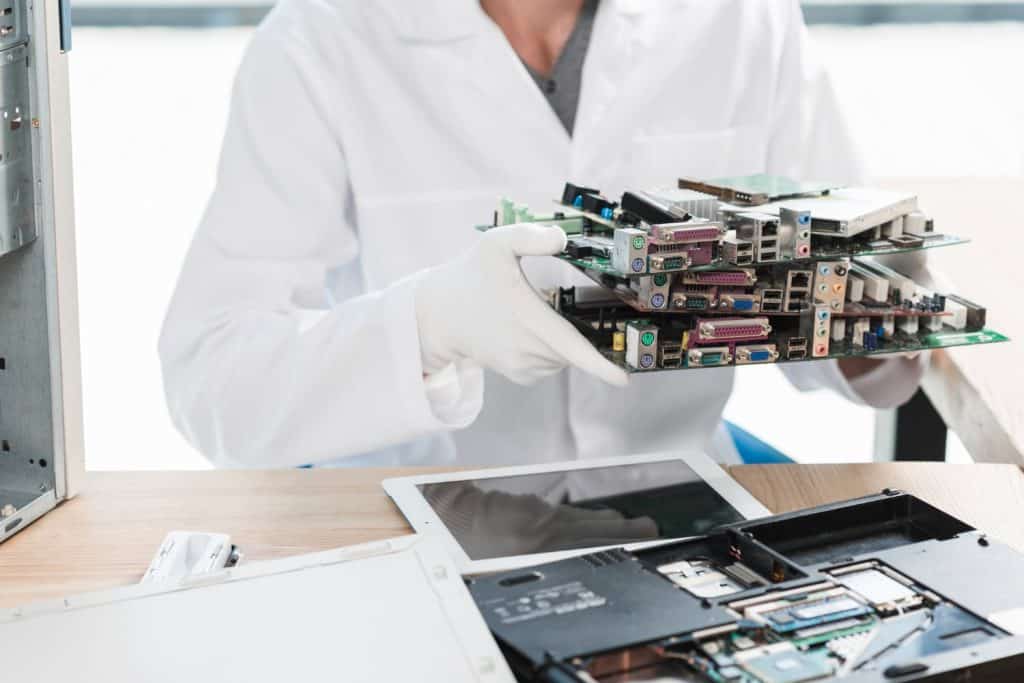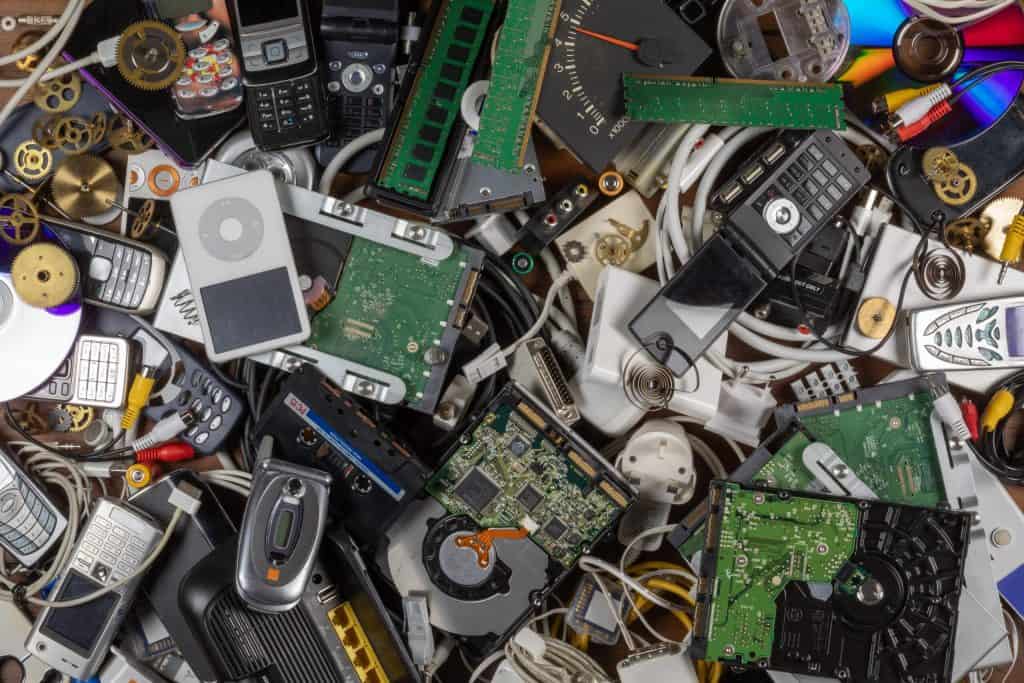E-Waste is a global concern, posing significant challenges to both the environment and human health due to the improper and inefficient handling of discarded electronic devices. The rapid evolution and obsolescence of electronic products, combined with an increasing demand driven by the digital era, has led to critical amounts of E-Waste generated each year. At the center of this E-Waste management dilemma lies the concept of Extended Producer Responsibility (EPR), which advocates that manufacturers and producers share the responsibility for the end-of-life management of their electronic products.
Extended Producer Responsibility is a policy approach that requires manufacturers to take responsibility for the environmental impacts of their products throughout their life cycle, including disposal, recycling, and end-of-life treatment. As such, EPR serves as a catalyst for manufacturers to prioritize sustainable design and develop strategies for more efficient resource utilization, which ultimately promotes a circular economy. This blog post will explore the concept of EPR and its implications for E-Waste management, discuss the potential benefits for companies adopting EPR principles, and share useful insights on how to find the right E-Waste recycling partner to support your organization’s EPR compliance and sustainability goals.
Embracing Extended Producer Responsibility in your organization can create substantial opportunities for improved E-Waste management, better environmental performance, and long-term cost savings. Partner with ReWorx Recycling, a dependable E-Waste recycling provider, to achieve your EPR goals while also benefiting from their vast expertise in Global IT Asset Disposition, E-Waste Recycling, Secure Data Destruction, Hard Drive Shredding, Equipment Destruction, and Reverse Logistics.
Understanding Extended Producer Responsibility (EPR)
Extended Producer Responsibility (EPR) is an environmental policy designed to shift the responsibility for the management of E-Waste from consumers and waste handlers to the manufacturers and producers of electronic products. By holding manufacturers accountable for their products’ end-of-life treatment, EPR encourages sustainable product design, responsible resource use, and proper recycling practices. The primary objectives of implementing EPR policies are to:
1. Reduce the environmental impact of electronic products
2. Promote resource efficiency and the circular economy
3. Encourage manufacturers to invest in eco-friendly product design and business practices
The Benefits of Embracing EPR for Companies
Companies that adopt EPR principles and practices can expect to realize several benefits, including:
1. Reduced environmental footprint: By taking responsibility for their products’ end-of-life management, companies can significantly reduce the environmental impact of E-Waste, protecting the planet and adhering to sustainability commitments.
2. Enhanced brand reputation: Embracing EPR demonstrates a company’s commitment to environmental stewardship and corporate social responsibility, which can boost brand image and trust among consumers, investors, and other stakeholders.
3. Financial advantages: Implementing EPR practices can lead to cost savings through the efficient use of resources, reduced waste management expenses, and potential revenue generation from the recycling and refurbishment of returned products.
4. Compliance with regulations: EPR policies are increasingly being implemented by governments worldwide, both on a national and regional level. By adopting EPR practices, companies can ensure compliance with these regulations, avoid penalties, and maintain a competitive edge in their respective industries.
Strategies for EPR Compliance and Effective E-Waste Management
To embrace EPR and effectively manage E-Waste, companies can implement the following strategies:
1. Sustainable product design: Focus on designing products that are durable, easy to repair, and upgrade, with recycled materials and components wherever possible, to reduce the environmental impact and lifecycle costs of the products.
2. Establishing take-back programs: Implement comprehensive take-back programs that facilitate the collection and return of end-of-life products for refurbishment, recycling, or proper disposal.
3. Collaboration with recycling partners: Establish partnerships with reliable E-Waste recycling providers who can help manage the end-of-life treatment of electronic products in an environmentally responsible manner.
4. Employee training: Educate employees about EPR requirements, E-Waste management best practices, and the importance of responsible disposal and recycling, empowering them to contribute to the company’s sustainability goals.
Choosing the Right E-Waste Recycling Partner for EPR Compliance
Selecting a trustworthy E-Waste recycling partner is vital for achieving EPR compliance and managing your company’s E-Waste effectively. Consider the following factors when choosing an E-Waste recycling provider:
1. Expertise and experience: Look for a provider with an established history in the E-Waste recycling industry, having the necessary expertise and experience to handle a range of electronic products and end-of-life management requirements.
2. Environmental and regulatory compliance: Ensure that the chosen recycling partner adheres to recognized environmental standards and regulations, guaranteeing responsible E-Waste disposal and treatment.
3. Data security and confidentiality: Find a partner that offers secure data destruction, protecting sensitive information and ensuring data privacy throughout the disposal and recycling processes.
4. Transparent reporting and tracking: A reliable E-Waste recycling partner should provide transparent reporting and tracking services, enabling you to monitor the progress of your E-Waste disposal and recycling efforts and maintain accountability.
Leveraging EPR for Improved E-Waste Management and Sustainability
The adoption of Extended Producer Responsibility principles within your organization can create significant opportunities for effective E-Waste management, environmental stewardship, and sustainable growth. Together with a reliable E-Waste recycling partner like ReWorx Recycling, your company can successfully navigate the challenges of E-Waste management, ensuring EPR compliance and contributing to a greener future for all.
Elevate your organization’s E-Waste management and EPR compliance strategies by partnering with ReWorx Recycling for responsible, efficient, and secure services for E-Waste recycling in Atlanta tailored to your specific needs.

